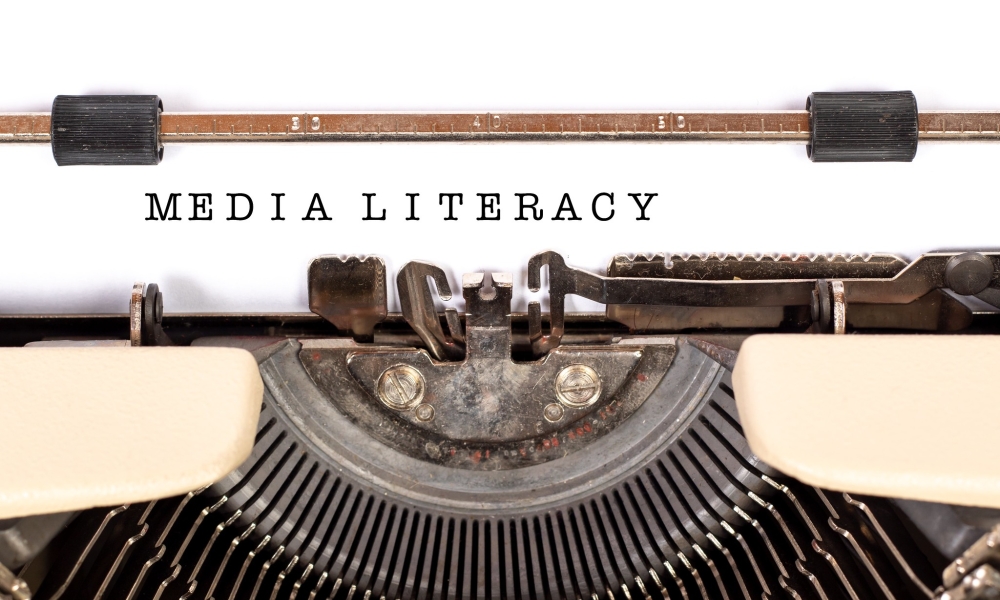This essay aims to provide context to discussions about fake news, democracy, and media literacy education. It draws from media ecology and critical media studies to show how the concept of fake news cannot be separated from media technologies in which cultures grow. The authors discuss the current manifestations of this phenomenon alongside the effects of social media.
Highlights:
- Public trust in media has declined along with growing distrust in politicians and public institutions in the neoliberal era. These events have to be understood within the context of falling incomes and fewer job prospects for most Americans.
- The distrust in media is linked with distrust in public institutions among the citizens whose lives have been increasingly difficult even as the media tells them the economy is doing well and the nation is prospering.
- The challenges above represent new media dynamics which requires a rethinking in the role of media literacy, educational social media activities, and civic online reasoning in education.
- The authors argue that fake news needs to be understood beyond being a mere add-on to media literacy classes where students just learn to distinguish between fake and real news. It needs to be understood as a cultural phenomenon.

